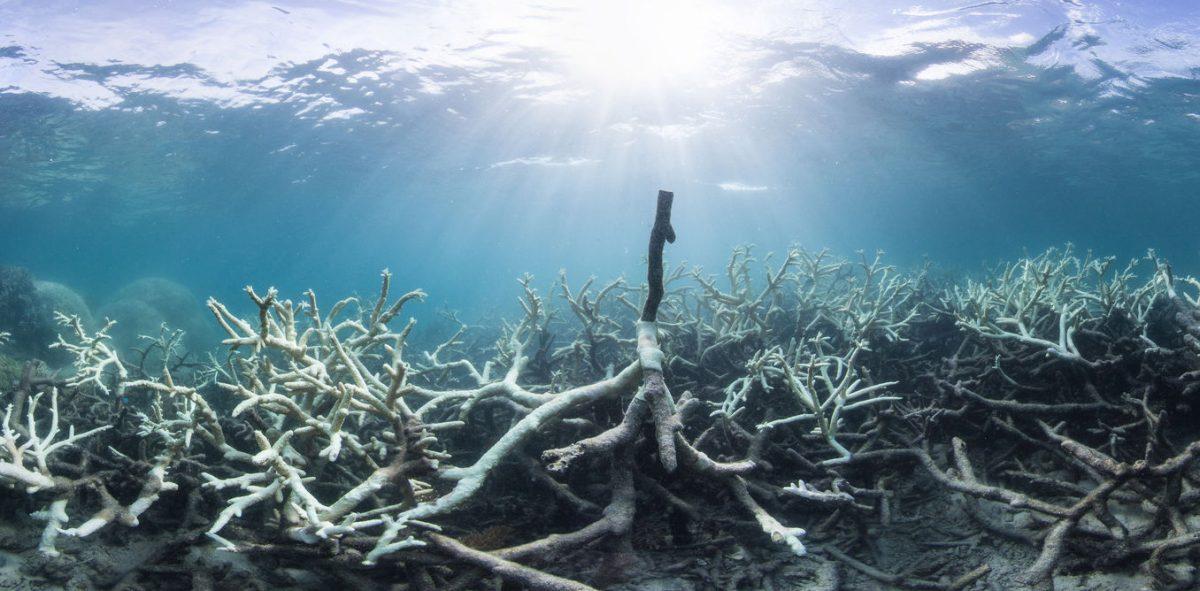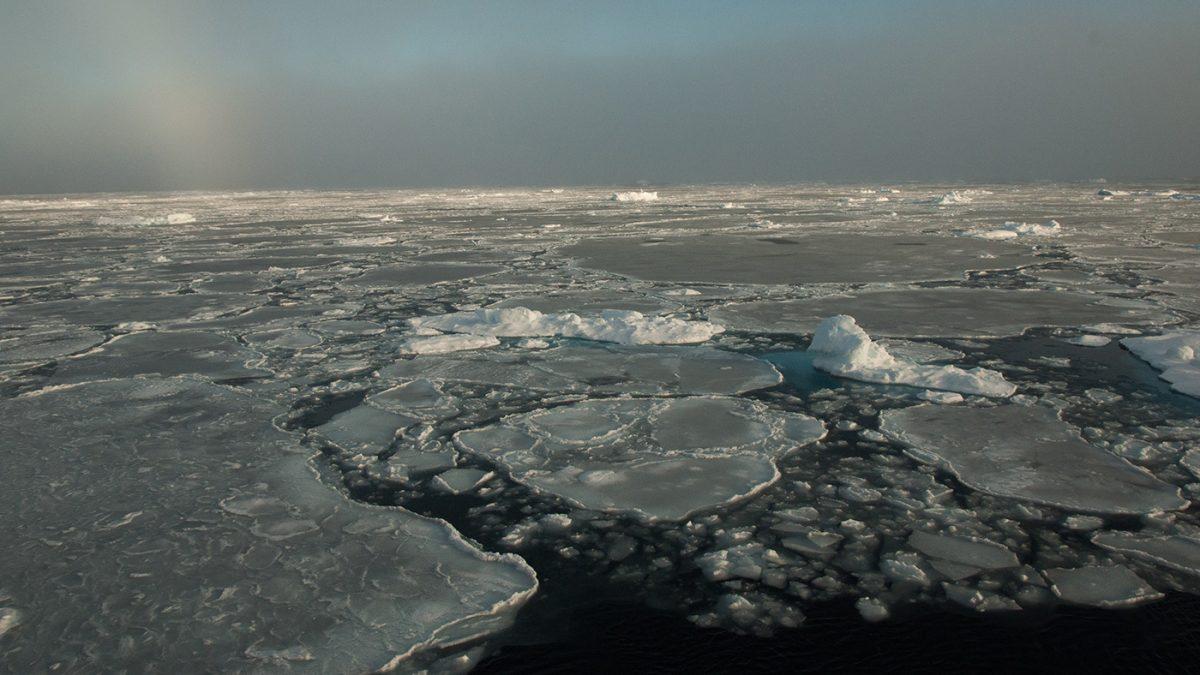Scientists across the globe are studying coral reefs and considering the possibility of genetic modification in order to save these natural treasures from destruction by pollution and climate change. Coral reefs are sensitive to heat, and this sensitivity means that increased ocean temperatures are particularly dangerous for the coral. Unfortunately, increased temperatures are also the new reality for Earth’s oceans.
For the last 30 years, aquatic temperatures have been rising consistently as the oceans take in almost all of the increased heat resulting from global warming. The heat storage capacity of Earth’s oceans is incredibly high, and humans are lucky that this is the case. The oceans have a stabilizing effect on temperature extremes, which helps to shelter many of Earth’s land-bound inhabitants from the real effects of climate change.
But what about the sea-bound inhabitants? The Great Barrier Reef is located off the Eastern coast of Australia and is home to hundreds of different species of coral, which are now becoming stressed, getting sick and dying as a result of these rising water temperatures. Even a change as small as 1 degree Fahrenheit can have a large impact on the coral. Increasingly large areas of the reef have died in response to this shift in temperature.
Humans interact with the reef in a number of ways. It is listed as one of the seven natural wonders of the world, and rightfully so, considering its teeming life and impressive size. In Australia, the Great Barrier Reef is central to the tourism industry. Visitors join diving tours of the reef and can see brightly colored coral, an indicator of stress in some species, alongside healthier brown coral and bleached, dead coral. However, there are reasons for humans to care about the reef that are not based simply on its natural beauty.
Coral reefs, particularly large ones, serve the needs of entire oceanic ecosystems. Fish and other sea creatures rely on the reefs for shelter and food and in some countries, these coral-reliant fish are the main source of protein in people’s diets. If the reefs die, there are likely to be far-reaching effects on more than just ocean life.
In response to these issues, scientists around the globe are looking for ways to preserve the coral that is still alive and protect it as we move into an uncertain climatic future.
A new potential tactic that has emerged is genetic modification. Most people think of this scientific process in terms of designer babies or genetically modified foods, both of which come with a host of different opinions and moral dilemmas. There are similar ethical quandaries surrounding this new research as well.
Scientists such as Neal Cantin of the Australian Institute of Marine Science are sampling healthy coral that have experienced temperature changes. Cantin’s theory is that these surviving coral have a genetic predisposition that makes them more likely to withstand temperature extremes. Perhaps there is a gene, or multiple genes, that code for heat resistance that could be discovered and isolated.
If this theory is correct, coral could be genetically modified to contain the heat-resistant gene, and then returned to the ocean. If enough genetically modified coral were put into a reef, it might be possible to preserve some species diversity and keep reefs alive as temperatures rise.
However, this possibility raises many questions. Is it all right to put genetically modified organisms into nature? Would it be more effective to put money and energy toward the prevention of future damage from global warming? Regardless, scientific efforts to understand how we can prevent coral reefs from becoming a thing of the past should continue, lest we lose these natural wonders.







